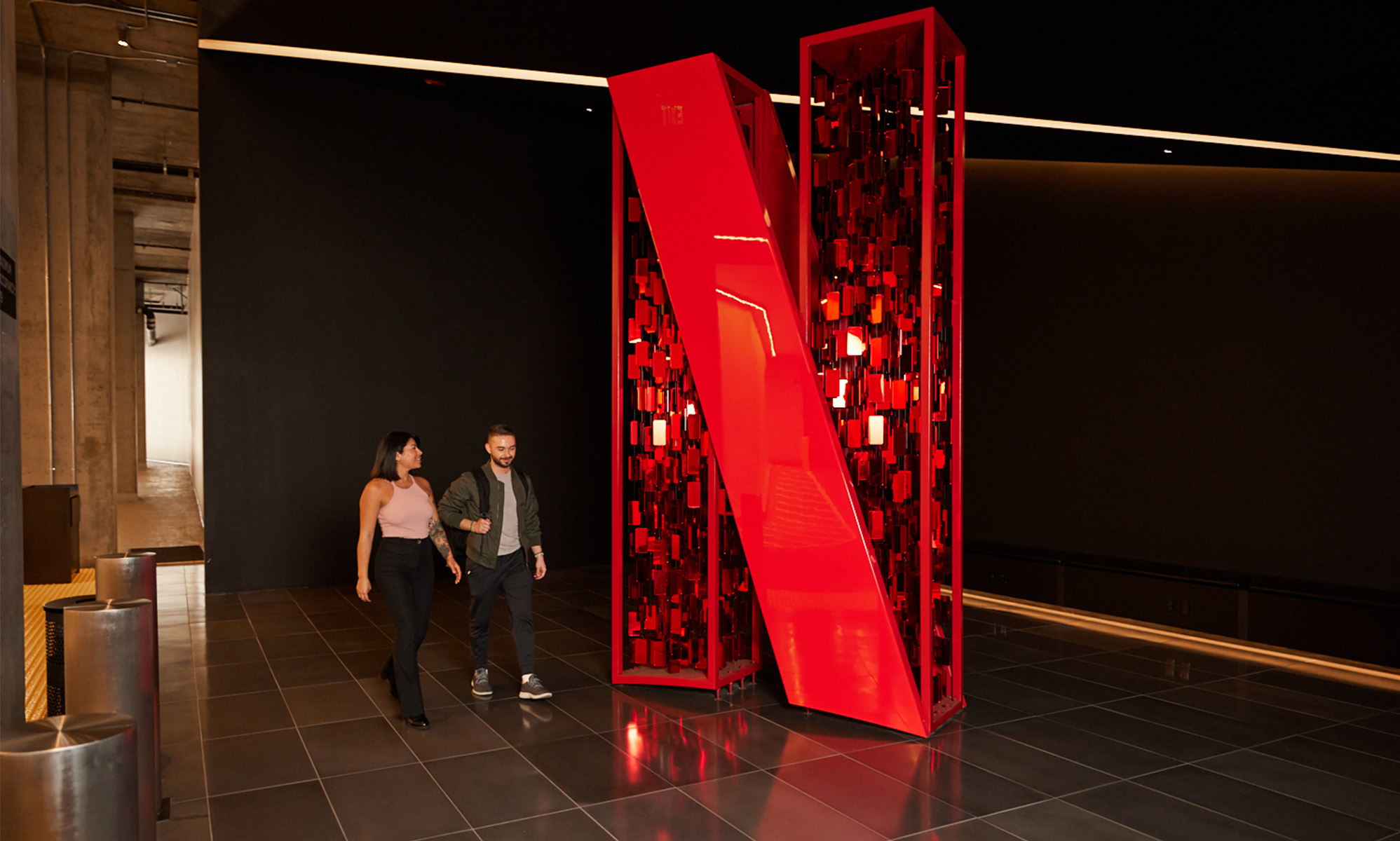In an interview published by GQ Magazine in early 2013, Netflix (NFLX 0.09%) Chief Content Officer Ted Sarandos said, "The goal is to become HBO faster than HBO can become us." Since then, Netflix has released a long string of prestige programming that's garnered dozens of Emmy nominations and quite a few trophies for CEO Reed Hastings' mantel.
And while Netflix is still very invested in big-budget critically appealing series like The Witcher, it's recently increased its investments in more guilty-pleasure unscripted series. And it's had a run of hits including Tidying Up with Marie Kondo and Queer Eye, and more recently docu-series Cheer, reality dating show Love Is Blind, and competition show The Circle.
Netflix's increased focus on unscripted series puts it in competition with Discovery Communications (DISCA +0.00%), which has one of the biggest catalogs of unscripted content in the world. And just as Netflix is ramping up its investment in Discovery-like content, Discovery is planning to go over-the-top itself, and compete more directly with Netflix.

A still from Cheer. Image source: Netflix.
Netflix's advantages in unscripted
Netflix's main advantage in unscripted content is the same as when it comes to producing any other series. It's not constrained by the standard linear TV programming model. Episodes don't all have to be 30 minutes or an hour. It doesn't have to work around commercial breaks. And it can -- if it makes sense -- release every episode at once.
For unscripted series, that means it doesn't have to recap what just happened before a commercial break and waste viewers' time. Or if it has lots of compelling content from a shoot, it doesn't have to end up on the editing room floor just because it didn't fit in a certain time slot.
That creates a more interesting viewer experience for Netflix-produced shows over shows that are coming from commercial-laden linear TV to streaming. That's one reason why Netflix has historically licensed very little reality TV.
Another reason Netflix hasn't licensed much unscripted content in the past is because it's very expensive. Discovery doesn't have a lot of leverage over its distributors to keep the affiliate fees for its networks high. Adding in Scripps Networks in 2017 gave it considerably more room to negotiate, but one tactic for the media company has been to keep its library of content mostly exclusive to pay-TV subscribers. That means relatively high prices to license Discovery's content or content from other unscripted producers.
Netflix can produce better content for its viewers than repurposed Discovery shows, and it'll pay similar prices to licensing it, perhaps even better prices. That can make unscripted some of Netflix's most efficient content on a cost-per-hour-streamed basis.
Building brands
Discovery's main advantage over Netflix is that it has a long list of brands and personalities that its viewers recognize and love. Very few people are going to sign up for Netflix to watch Cheer or Queer Eye. But people will sign up for Discovery's streaming service for Shark Week and stay subscribed for 90 Day Fiance.
"Unscripted television gets a lot of watching," Sarandos said at an investors' conference in early 2018. He warned, however, "[P]eople really don't join Netflix to watch it."
Netflix has historically been quick to cancel series, but building brands and personalities can take years and scores of episodes. Discovery proudly claims it'll have 60,000 hours of content available on its forthcoming streaming service, which is about twice as much as Netflix's entire content library. Discovery's entire back-catalog consists of nearly five times as much content, which means some dedicated viewers may have spent weeks' worth of their time with certain series or personalities.
That said, unlike most media companies, Netflix has one of the best billboards to advertise its new unscripted series to viewers it thinks will be most receptive -- the Netflix home screen. It can quickly bring new viewers into its new unscripted series, and keep them coming back for more. As a result, Netflix can still drive a lot of efficiency in its original content budget through spending more on unscripted series, which typically cost considerably less than scripted dramas.
As Netflix continues to grow its investment in unscripted series, it'll challenge Discovery's ability to attract casual viewers interested in unscripted content in verticals like food, home renovation, or docu-series. If Discovery succeeds, however, it could mean a hit to some of Netflix's most efficient content spending.






